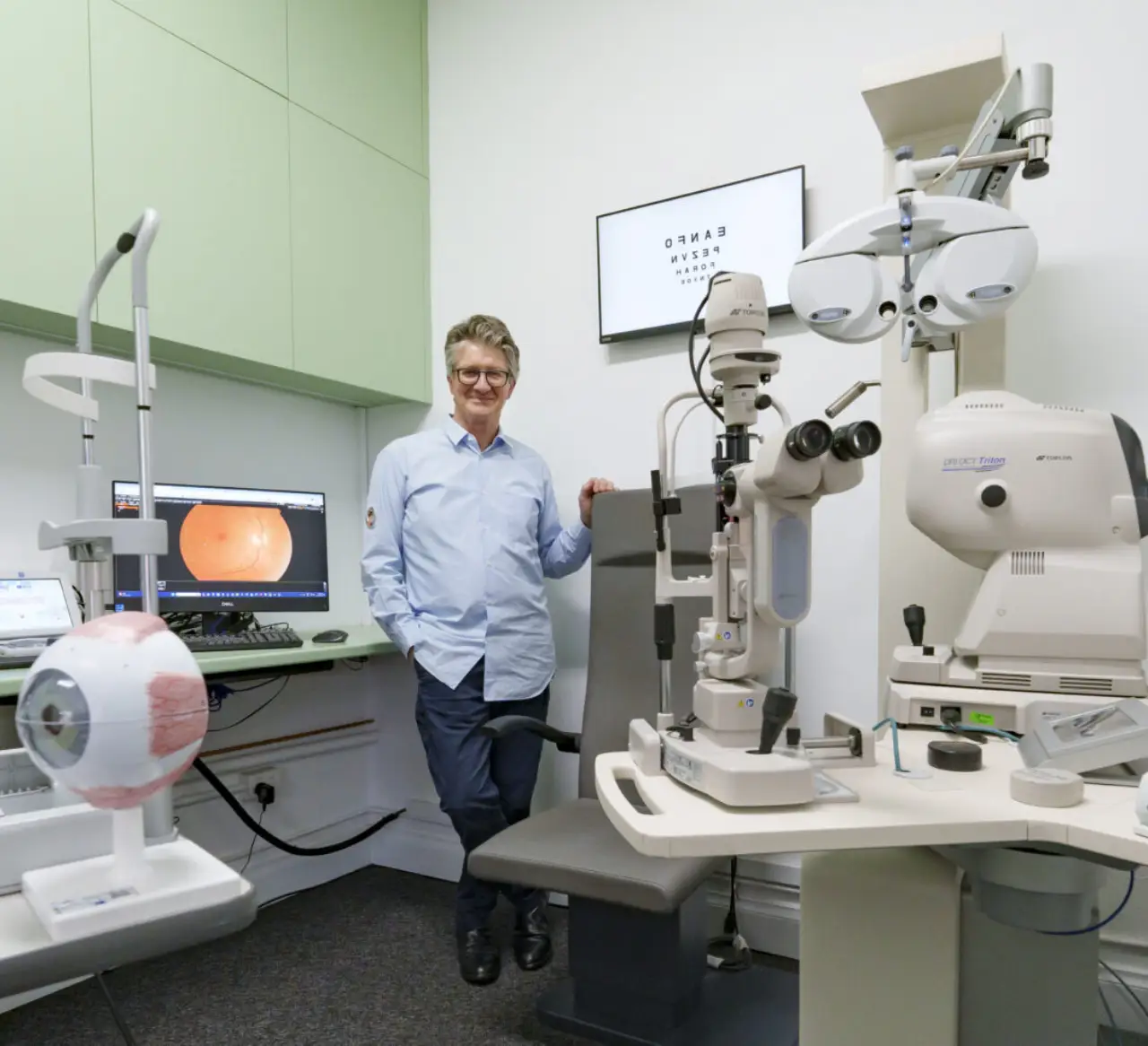

What is Myopia?
Myopia, or short-sightedness, makes distant objects appear blurry while close-up vision remains clear. It often develops in childhood and can worsen over time, increasing the risk of long-term eye health issues.
We offer a range of myopia control treatments designed to slow progression and protect your vision.
Book an appointment today to learn how expert myopia management can safeguard your vision for the future.
What you need to know
What causes myopia?
Myopia occurs when the eye grows too long or the cornea is too curved, causing light to focus in front of the retina instead of directly on it. Genetics play a key role—children with myopic parents are more likely to develop myopia. Environmental factors, such as excessive screen time and limited outdoor activities, can also contribute.
How do I know if I have myopia?
The most common symptom is blurry distance vision, while near vision remains clear. Other signs include squinting, headaches, eye strain, and tiredness.
Can myopia get worse over time?
Myopia often progresses, particularly during childhood and adolescence. If left unmanaged, it can lead to higher prescriptions and an increased risk of serious eye conditions later in life, such as retinal detachment and glaucoma. Regular eye exams and myopia control treatments can slow progression.
What are the best treatments for myopia?
We offer individualised treatments to slow myopia progression. These include Orthokeratology (Ortho-K) lenses, myopia control contact lenses and spectacle lenses, and atropine eye drops.
Can myopia be prevented?
While myopia cannot always be prevented, its progression can be slowed with early intervention. Encouraging children to spend more time outdoors, limiting prolonged near work, and taking regular breaks from screens can help. If you have a family history of myopia, regular eye exams are essential for early detection.


